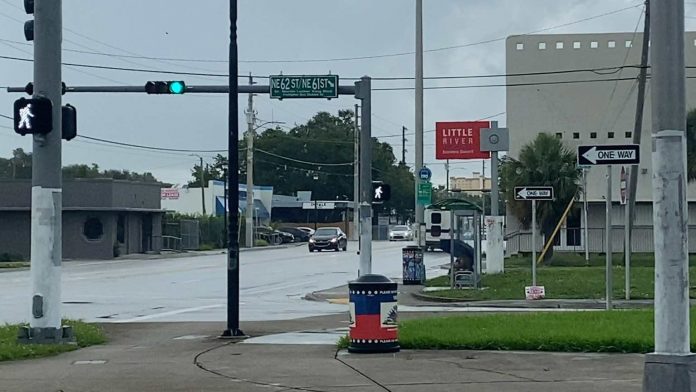The impacts of climate change strike hardest in socially and economically vulnerable communities; knowing this, researchers have constructed a variety of indices to try to identify populations most at risk. These datasets often rely on demographic data, but leave out important financial and real estate information that could help to identify communities where vulnerable groups could be pushed out by rising flood insurance rates or shifting real estate values.
A new dataset, created by researchers at Columbia University and published today in Environmental Justice, aims to fill in this gap. The Socio-Economic Physical Housing Eviction Risk (SEPHER) dataset integrates socio-economic information with risk from wildfires, drought, coastal and riverine flooding, and other hazards, plus financial information from real estate databases and ethnicity, race and gender data. The goal is to account for the financial vulnerability associated with the housing market. SEPHER covers the entire United States, and is freely available to other researchers.
“We want to provide a tool to everyone to explore issues at the crossroads of racial, social and climate justice,” said lead author Marco Tedesco, a research professor at the Lamont Doherty Earth Observatory of Columbia University and an affiliate of Columbia’s Data Science Institute. He is also an affiliate professor at the Institute of Economics at the Scuola Superiore Sant’Anna, Pisa. The project was funded by the Earth Institute at Columbia University and is part of an ongoing collaboration with the Columbia Business School.
“Our primary intention is to enable users to assess the impact of climate-related hazards on the most vulnerable populations,” added study co-author Carolynne Hultquist, a postdoctoral research scientist at Columbia’s Center for International Earth Science Information Network (CIESIN) and Lamont-Doherty Earth Observatory. “We need to be able to identify those populations in order to ensure that they do not take on undue burdens from climate change.”
Many studies focusing on the damages and financial consequences of climate change rely on commercial datasets that cost hundreds of thousands of dollars to purchase. Those costs can be a significant hurdle for many researchers and communities.




